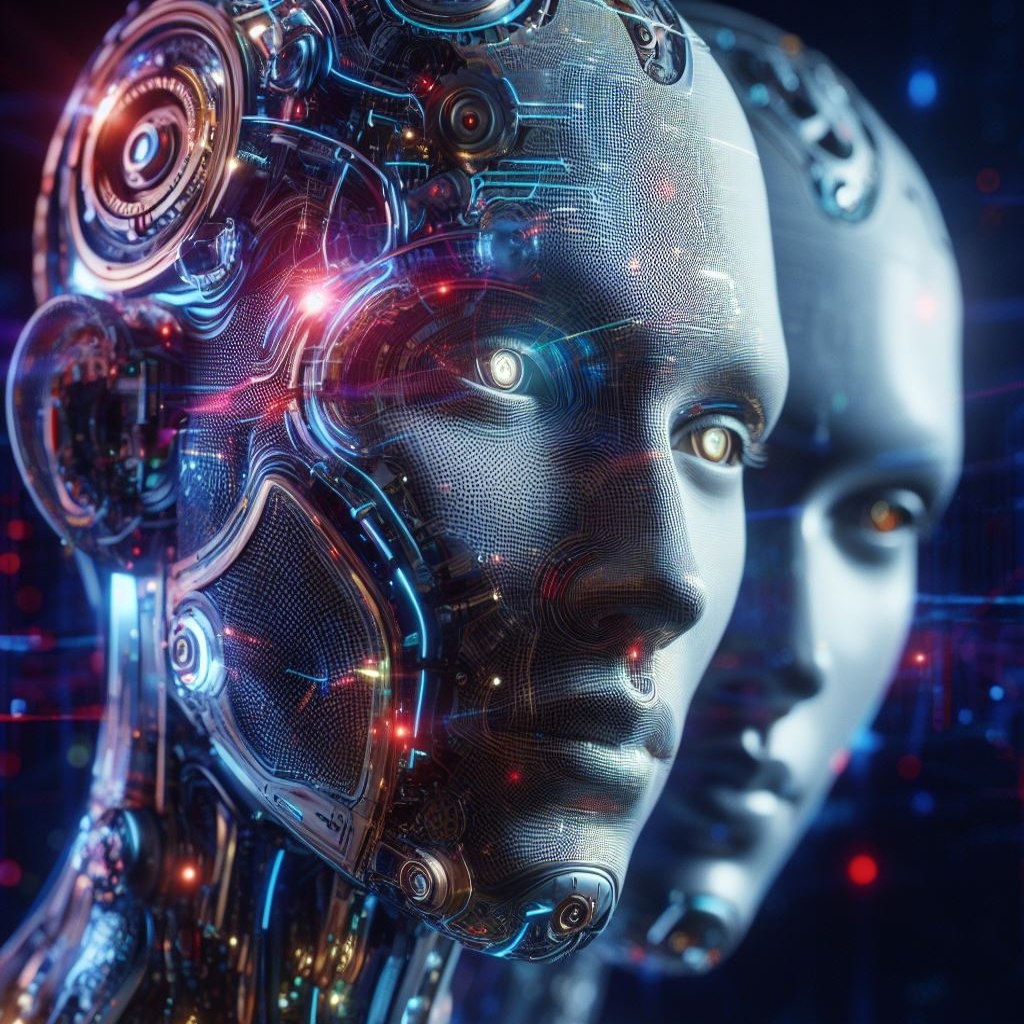
China will catch up to the USA in algorithm quality but will lag in computational power
The geopolitical artificial intelligence race between the USA and China is reaching a critical point. Research by the “AI and Compute” laboratory of the RAND Corporation’s Center for Technology and Security Policy under the leadership of Professor Lennart Heim reveals a paradoxical situation.
Forecasts indicate that in 25 China will catch up to the USA in all key model parameters. However, parity in algorithm quality does not mean equality of capabilities. The key limitation lies in China’s 10-fold lag in computational power. This creates a fundamental gap in practical applicability of technologies.
The analytical study highlights the critical moment of 26, when the center of gravity will shift from conversational systems to agentic artificial intelligence. Each such agent will perform the work of at least 1, often dozens of high-class specialists.
10-fold superiority in computational power transforms into 10 and 100-fold advantage in intellectual workforce. This concerns economics, scientific research and military affairs. In their opinion, qualitative parity of algorithms between the USA and China masks a critical gap in computational infrastructure. Which determines real application capabilities.
Autor: AIvengo
For 5 years I have been working with machine learning and artificial intelligence. And this field never ceases to amaze, inspire and interest me.
Latest News
UBTech will send Walker S2 robots to serve on China's border for $37 millionChinese company UBTech won a contract for $37 million. And will send humanoid robots Walker S2 to serve on China's border with Vietnam. South China Morning Post reports that the robots will interact with tourists and staff, perform logistics operations, inspect cargo and patrol the area. And characteristically — they can independently change their battery.
AI chatbots generate content that exacerbates eating disordersA joint study by Stanford University and the Center for Democracy and Technology showed a disturbing picture. Chatbots with artificial intelligence pose a serious risk to people with eating disorders. Scientists warn that neural networks hand out harmful advice about diets. They suggest ways to hide the disorder and generate "inspiring weight loss content" that worsens the problem.
OpenAGI released the Lux model that overtakes Google and OpenAIStartup OpenAGI released the Lux model for computer control and claims this is a breakthrough. According to benchmarks, the model overtakes analogues from Google, OpenAI and Anthropic by a whole generation. Moreover, it works faster. About 1 second per step instead of 3 seconds for competitors. And 10 times cheaper in cost per processing 1 token.

